Demi Moore's Harvey Weinstein Joke at Bruce Willis' Roast Was All Kinds of Awful
"He came back swinging that ball gag..."
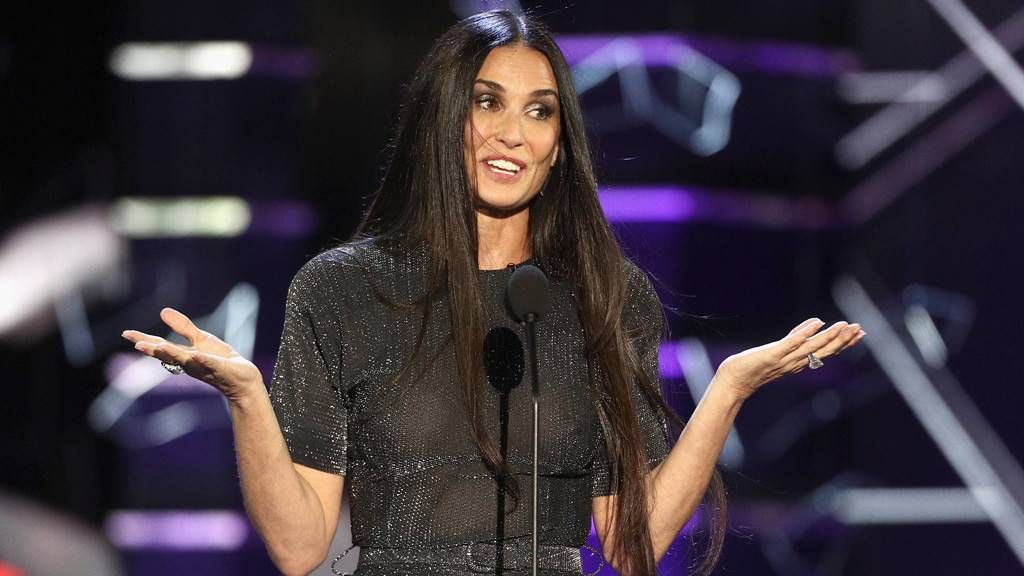

To quote Hannah Gatsby: "Punchlines need trauma, because punchlines need tension and tension feeds trauma." She's right. But what nobody needed was Demi Moore making the trauma Harvey Weinstein caused people the punchline of her joke about ex-husband Bruce Willis, which occurred during the Comedy Central "Roast of Bruce Willis" that aired Sunday.
"I mean, we were married, let's see, almost 12 years. And that's like 84 in Bruce Willis years," Moore joked. (That was funny!) "But I was there for some special moments. Like, groundbreaking. Like, when Bruce... he got his career-breaking moment in Pulp Fiction. I mean, it was... It seemed really odd at the time, like, he's a big action star, doing a little indie film." (Still funny-ish! You almost had this, Demi!) "But Bruce went over to Harvey Weinstein's hotel, and, I don't know, he came back swinging that ball gag, and then he said, 'I got the part.'"
Bruce laughed, but not everybody on stage thought it was funny: "Kevin Pollak winced and Cybill Shepherd's jaw literally dropped," is how TMZ describes it. Pulp Fiction producer Harvey Weinstein, of course, was charged in May with two counts of predatory sexual assault (charges he denies), plus four more counts related to his treatment of women, and may well face life in prison. When Weinstein's decades of alleged misdeeds were made public last year, it triggered what's been dubbed both the "Weinstein effect" and the #MeToo movement, in which women all over the world in all kinds of industries finally felt able to come forward about being sexually harassed, maligned, and assaulted.
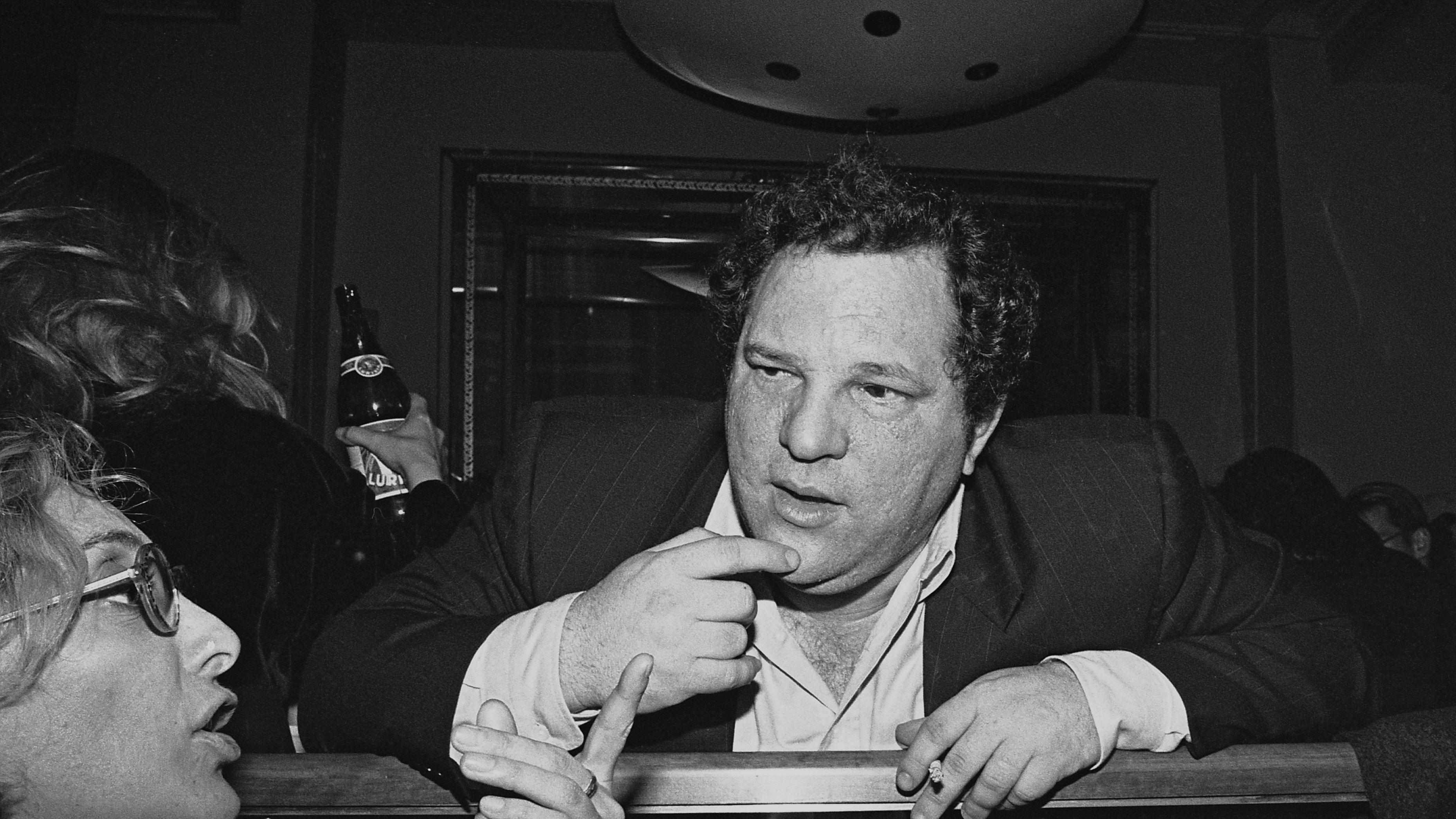
There can be no comparing when it comes to experiences of assault, but Harvey Weinstein is widely considered the symbol of sexual harassment and assault in the modern age. The details of his alleged crimes sparked a nationwide—for that matter, worldwide—reckoning about normalized misogyny. To joke about his now-infamous "casting couch" is not just disparaging to Weinstein's victims, but to every women who used every ounce of courage to come forward about her own experience thereafter.
So, no, a joke about Willis performing sexually for Weinstein to get a part isn't funny. But there's another layer: If you've seen Pulp Fiction, you'll vividly remember the ball gag scene—where Bruce Willis as Butch is forced to rescue Marsellus (Ving Rhames), who is being brutally raped against a pommel horse. It's a scene so visceral and hard to watch that Uma Thurman nearly turned down the part because of it: "I wasn’t sure I wanted to do it, because I was worried about the Gimp stuff," she told Vanity Fair. "We had very memorable, long discussions about male rape versus female rape. No one could believe I even hesitated in any way."
The presence of the ball gag in Moore's joke is a double whammy. In Pulp Fiction, the ball gag is presented as an evocative symbol of male rape. By framing her joke around not only Weinstein but also the motif of the ball gag, Moore is mocking not only the real-life victims of Weinstein but victims of male sexual assault, who often find themselves overlooked in conversations about sexual assault.
You can watch the moment over at TMZ here.
Stay In The Know
Get exclusive access to fashion and beauty trends, hot-off-the-press celebrity news, and more.
RELATED STORIES




Jenny is the Digital Director at Marie Claire. A graduate of Leeds University, and a native of London, she moved to New York in 2012 to attend the Columbia University Graduate School of Journalism. She was the first intern at Bustle when it launched in 2013 and spent five years building out its news and politics department. In 2018 she joined Marie Claire, where she held the roles of Deputy Digital Editor and Director of Content Strategy before becoming Digital Director. Working closely with Marie Claire's exceptional editorial, audience, commercial, and e-commerce teams, Jenny oversees the brand's digital arm, with an emphasis on driving readership. When she isn't editing or knee-deep in Google Analytics, you can find Jenny writing about television, celebrities, her lifelong hate of umbrellas, or (most likely) her dog, Captain. In her spare time, she writes fiction: her first novel, the thriller EVERYONE WHO CAN FORGIVE ME IS DEAD, was published with Minotaur Books (UK) and Little, Brown (US) in February 2024 and became a USA Today bestseller. She has also written extensively about developmental coordination disorder, or dyspraxia, which she was diagnosed with when she was nine.
-
 What to Know About the Cast of 'Resident Playbook,' Which Is Sure to Be Your Next Medical Drama Obsession
What to Know About the Cast of 'Resident Playbook,' Which Is Sure to Be Your Next Medical Drama ObsessionThe spinoff of the hit K-drama 'Hospital Playlist' features several young actors as first-year OB-GYN residents.
By Quinci LeGardye
-
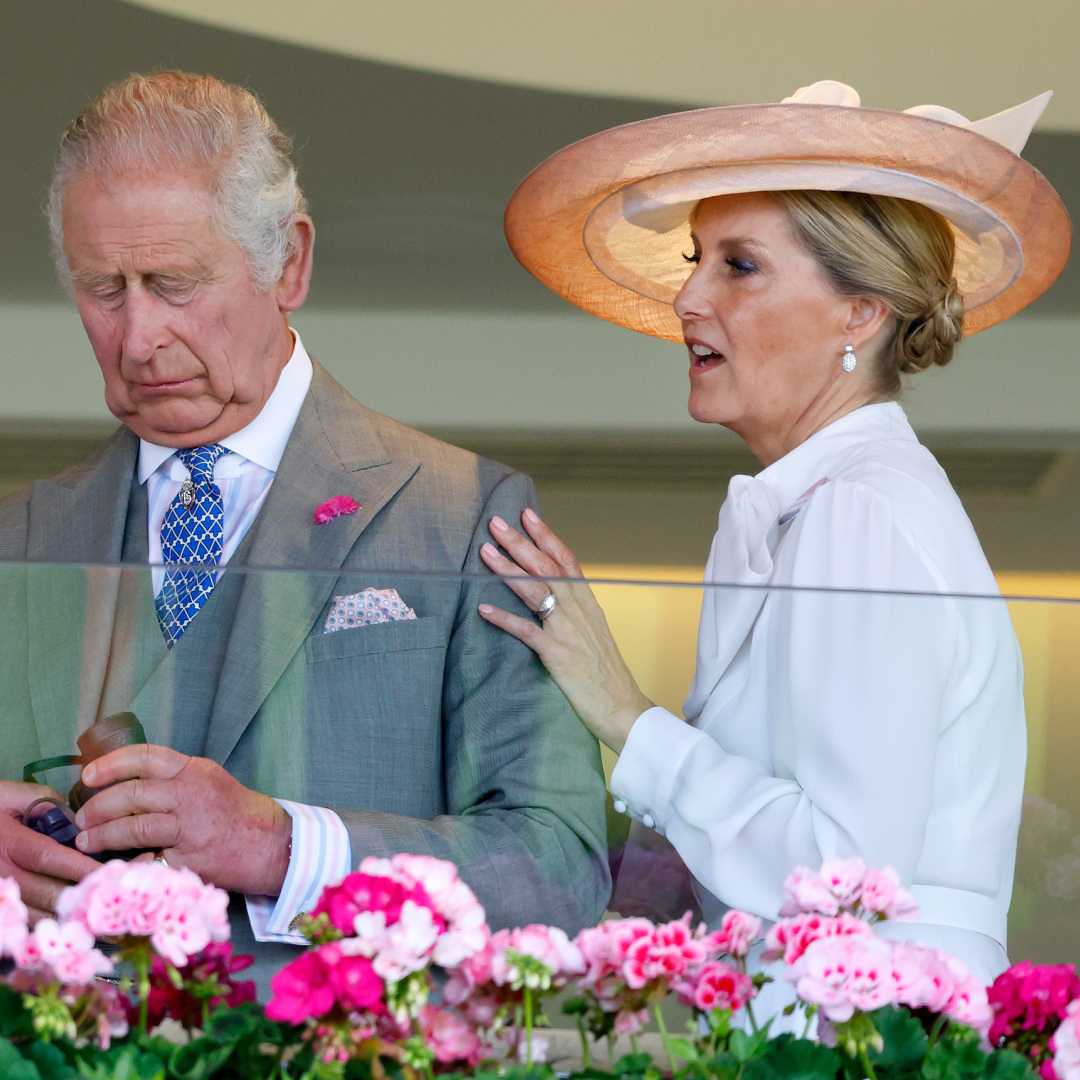 Duchess Sophie Stepped Up to Represent King Charles at Event Amid Calls for King Charles to "Slow Down"
Duchess Sophie Stepped Up to Represent King Charles at Event Amid Calls for King Charles to "Slow Down"The Duchess of Edinburgh filled in for The King at the Royal Military Academy Sandhurst.
By Kristin Contino
-
 See the Top-Scoring WNBA Draft Looks
See the Top-Scoring WNBA Draft LooksThis year's rookie class came to win.
By Halie LeSavage
-
 Meet Nicholas Duvernay, the Actor Who Plays Zion in 'The White Lotus' Season 3
Meet Nicholas Duvernay, the Actor Who Plays Zion in 'The White Lotus' Season 3We can't stop thinking about his scene-stealing performance in the finale.
By Quinci LeGardye
-
 'The White Lotus' Season 4: Everything We Know
'The White Lotus' Season 4: Everything We KnowCreator Mike White has already started teasing where the next installment will be set—and who might be back.
By Quinci LeGardye
-
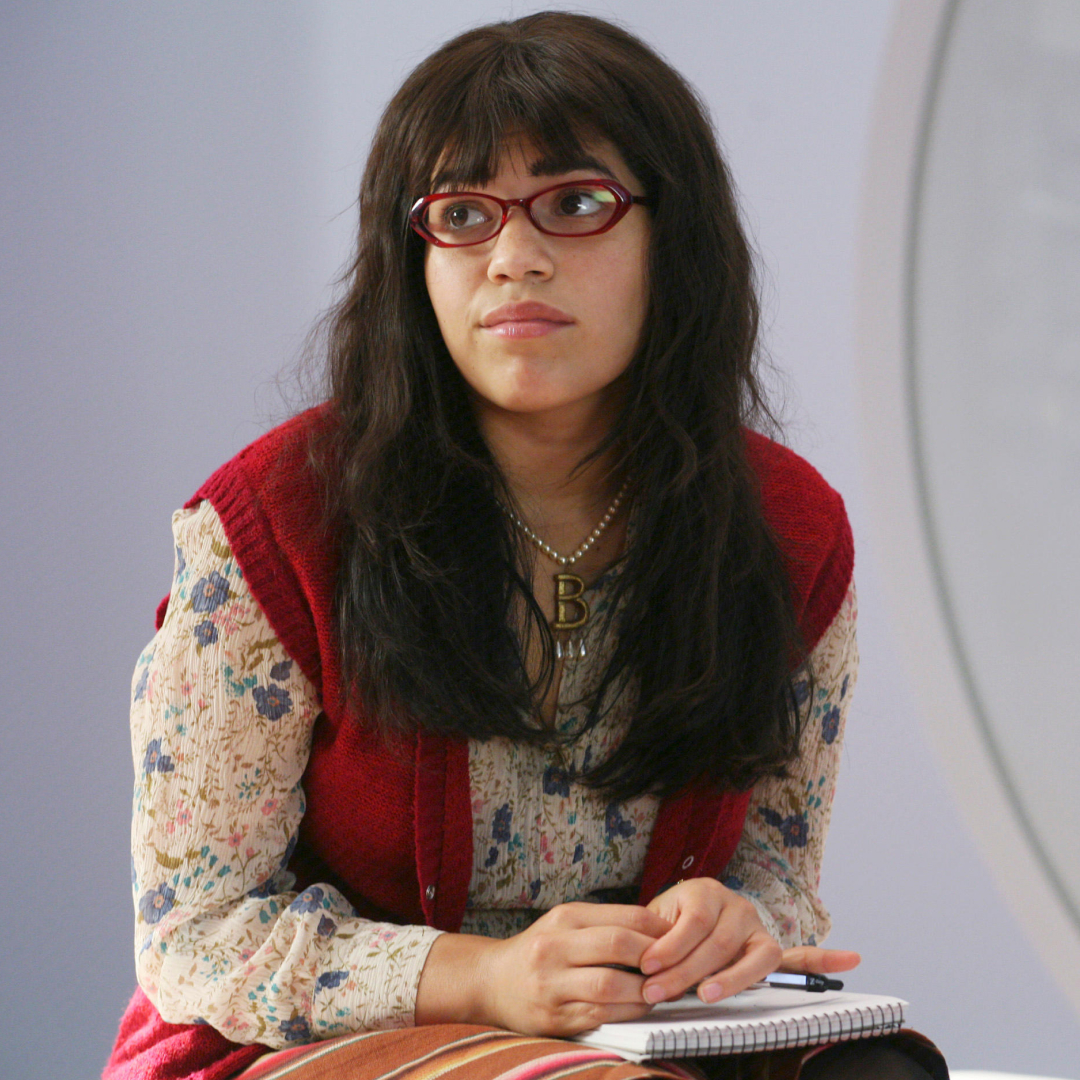 The Best Workplace TV Shows of All Time
The Best Workplace TV Shows of All TimeFrom iconic sitcoms to award-winning dramas.
By Iris Goldsztajn
-
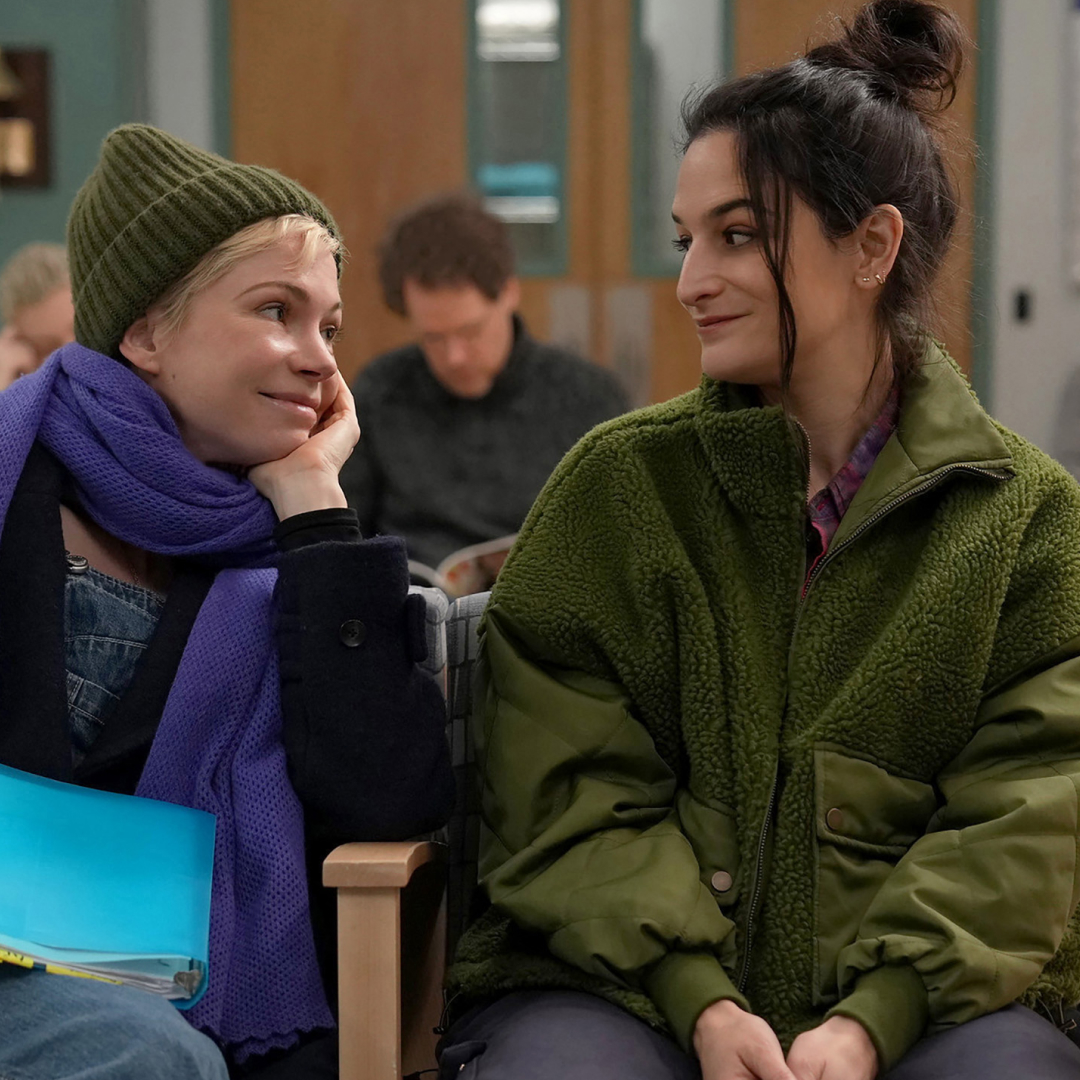 'Dying for Sex' Brought Jenny Slate to Life
'Dying for Sex' Brought Jenny Slate to LifeThe actress shares why playing Nikki in FX on Hulu's female friendship dramedy has felt like a life-changing part.
By Sadie Bell
-
 The Wild Ride of Carrie Coon
The Wild Ride of Carrie CoonLaurie's deep-set insecurities come to a head in episode 7 of 'The White Lotus,' allowing the actress to turn a "dark night of the soul" into an illuminating time.
By Jessica Goodman
-
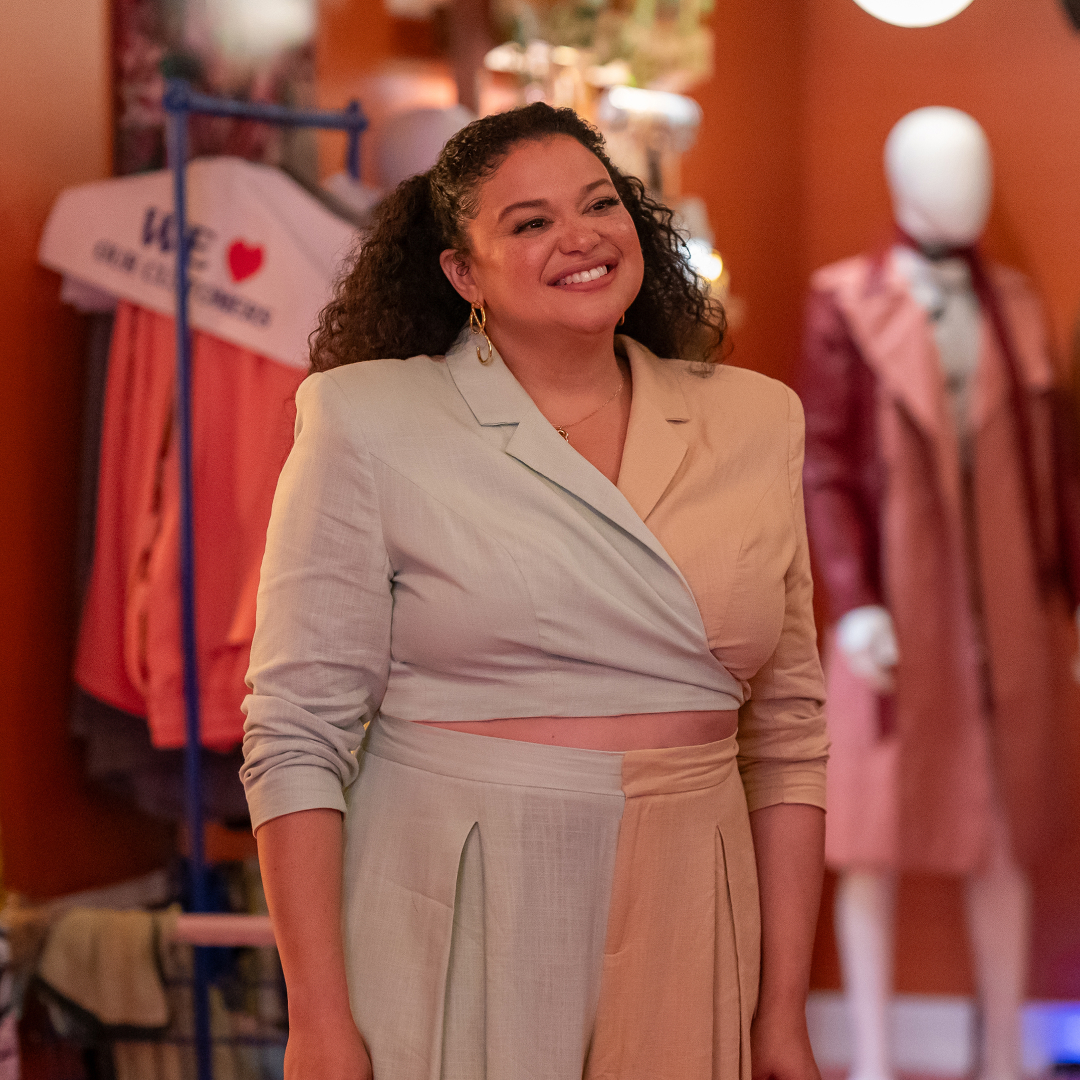 Meet the 'Survival of the Thickest' Season 2 Cast
Meet the 'Survival of the Thickest' Season 2 CastThere's so much to love about Michelle Buteau's Netflix comedy about a stylist looking for love and success.
By Quinci LeGardye
-
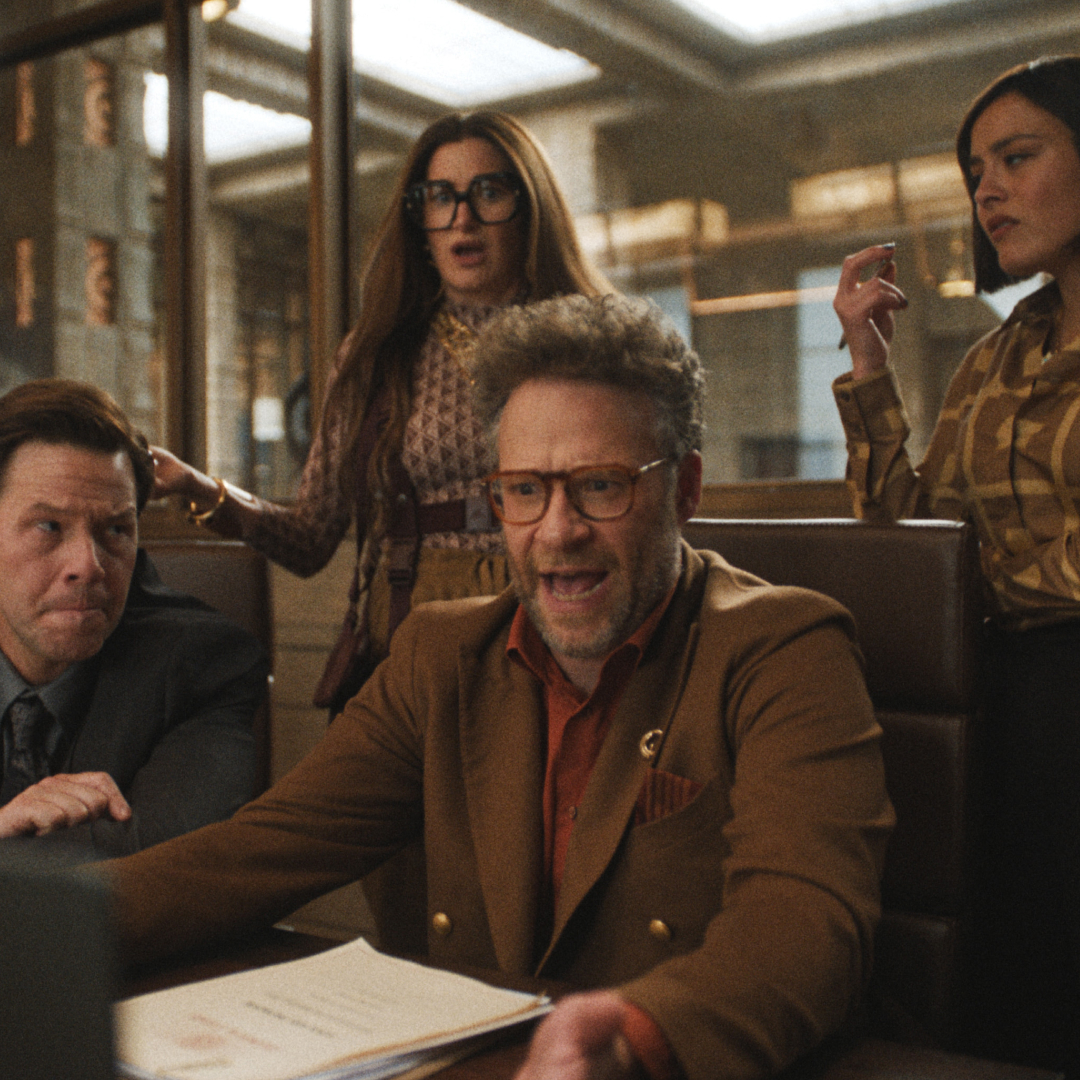 The Cast of 'The Studio': Your Guide
The Cast of 'The Studio': Your GuideThat's showbiz, baby!
By Quinci LeGardye
-
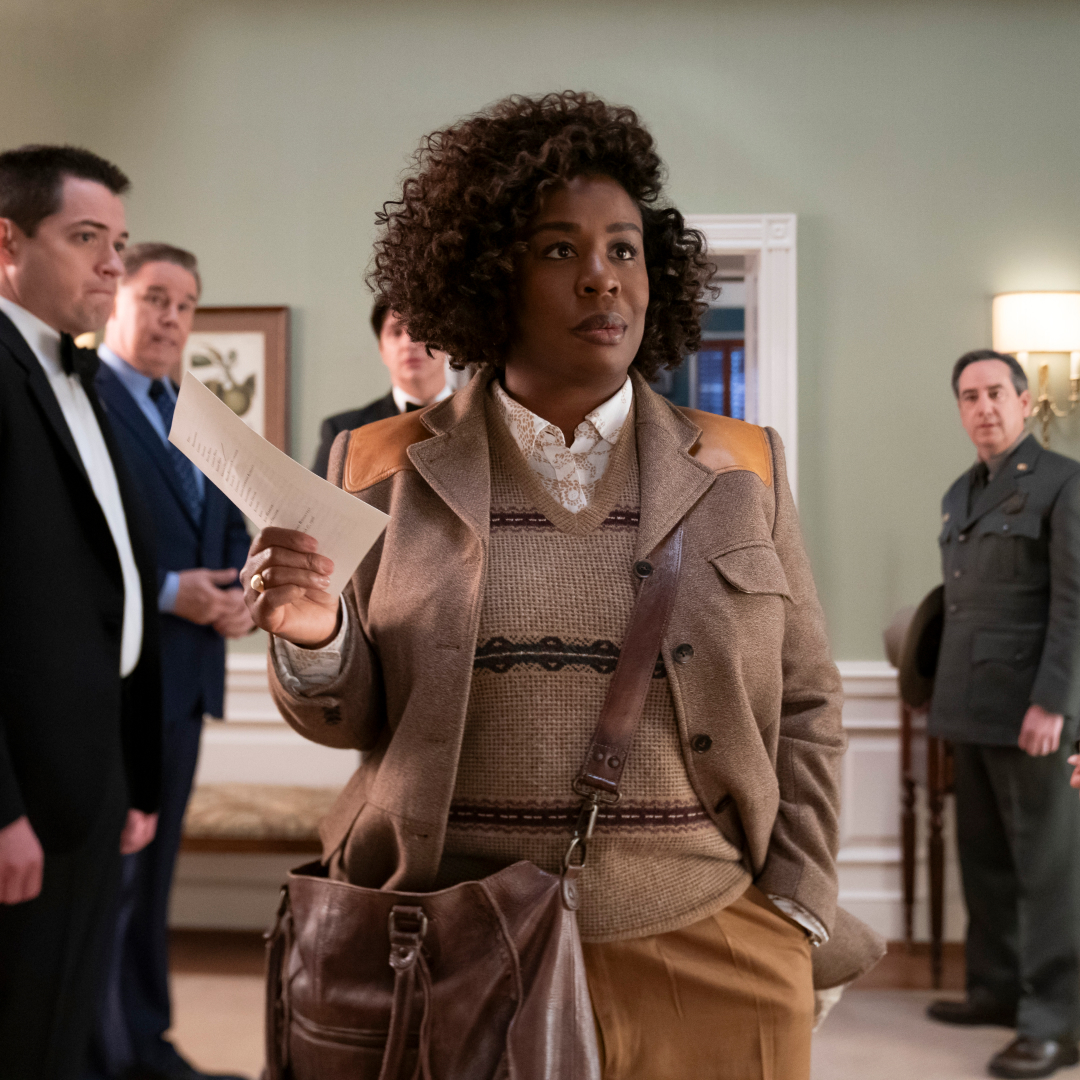 Where Was 'The Residence' Filmed? What to Know About the Location Transformed Into The White House
Where Was 'The Residence' Filmed? What to Know About the Location Transformed Into The White HouseThe Shondaland-produced Netflix series pulled off the largest-ever recreation of the Executive Mansion.
By Quinci LeGardye